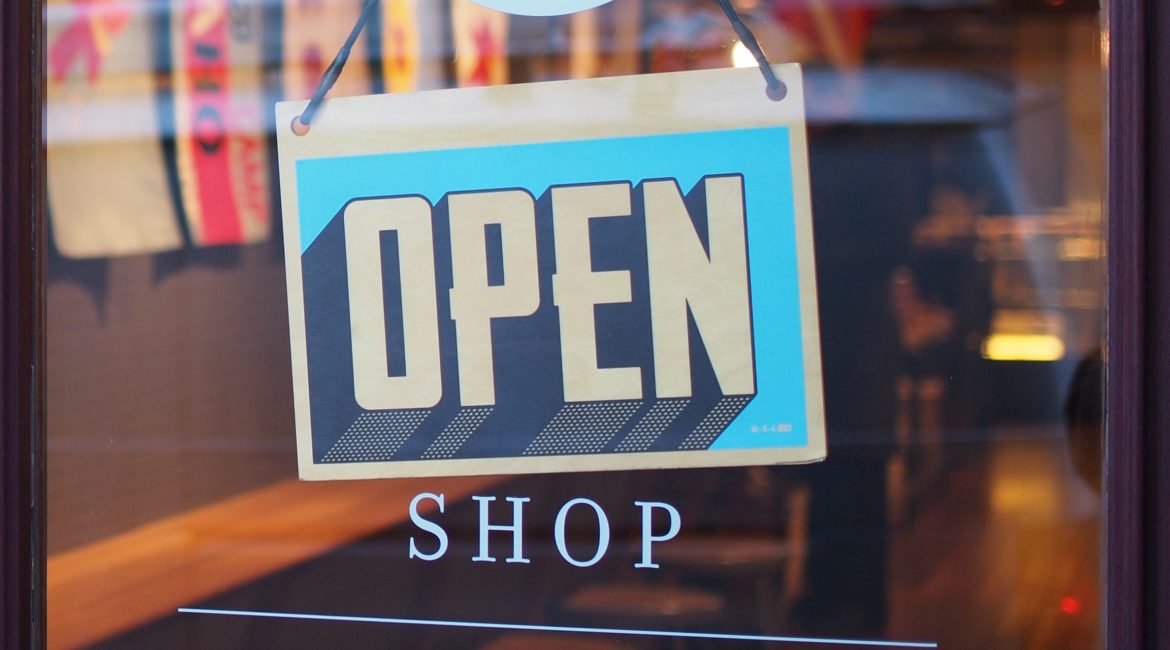The government has enacted and approved a historic piece of legislation aimed at supporting the U.S economy through the COVID-19 pandemic, and small businesses are among the beneficiaries of the stimulus package.
Aside from the hallmark one-time direct payments to consumers making less than $99K, the stimulus package includes multiple proposals aimed at assisting small business owners. This comes as thousands have been forced to shutter their doors in response to the pandemic.
According to policy experts, the plan currently provides support to small businesses in the form of:
• A $350 billion forgivable loan program designed to ensure that small businesses do not lay off employees
• A 50% refundable payroll tax credit on worker wages will further incentivize businesses, including ones with fewer than 500 employees, to retain workers
• Less rigid net operating loss-reduction regulations that will allow businesses to offset more
• A delay in employer-side payroll taxes for Social Security until 2021 and 2022
• Sole proprietors and other self-employed workers could be eligible for the expanded unemployment-insurance benefits the bill provides
• A portion of the $425 billion in funds appropriated for the Federal Reserve’s credit facilities will target small businesses
How Does The Program Work?
The Small Business Administration (SBA) will oversee the Paycheck Disbursement Program as they disperse the $350 billion across the small business landscape.
These loans will be available for businesses with 500 or fewer employees and can be partially, or in some cases completely forgiven if the recipient business follows the guidelines entailed.
A balance is struck between favorable loan terms and forgiveness by rewarding businesses that utilize the loans for payroll, rent, mortgage interest, and utility payments. The goal of the stimulus is to lessen the economic burden caused by the pandemic.
In an effort to expedite the process, loans will be offered by authorized banks and lenders.
Who is eligible for the program?
- Businesses with fewer than 500 employees or those that meet SBA’s current size standards for 7(a) loans.
- Self-employed or individual contractors.
- Certain nonprofits including 501(c)(3) organizations and 501(c)(19) veterans’ organizations, and tribal business concerns with fewer than 500 employees.
- Authorizes $17 billion to cover six months of payments for payroll and interest for existing SBA 7(a) borrowers. This provision provides relief on existing obligations.
What Are The Terms?
Companies can receive loans up to $10 million. This is based on how much the company paid employees between January 1st and February 29th.
The loans will carry an interest rate of up to 4% and the principal loan will be forgiven if the borrowing business uses the funds for approved purposes and maintains the average size of its workforce throughout the duration of the crisis.
If guidelines are followed, the business will only owe the accrued interest on the loan.
Is that enough help?
There are concerns that some small business owners may be left out of the equation. Specifically those without favorable ties to lenders, a constantly shifting staff, or business structures that fall out of favor with loan forgiveness terms.
That being said, there is a push in Washington for more support as the virus spreads and more businesses are forced to close. Fortunately, the importance of small businesses and their role as the backbone of the American economy means that they will not be forgotten.
Small business loans are the first step in the damage control process as we navigate this unprecedented terrain.
The president has also mentioned that this round of support was meant to stem the initial economic burden felt by the crisis. If more help is needed, the Government has made it clear that they are willing to provide.
How Do I Apply?
The loans will be provided directly through banks and lending institutions.
As the situation evolves, it’s important to stay up-to-date with developments as measures are changing on a frequent basis.
We’re committed to keeping our clients, and the community as a whole informed as we get through this together!
For more information visit
Need help with your taxes or figuring out the impact of the stimulus on your personal finances? Book a call with an expert.
Not a business owner? Find out how you benefit!





